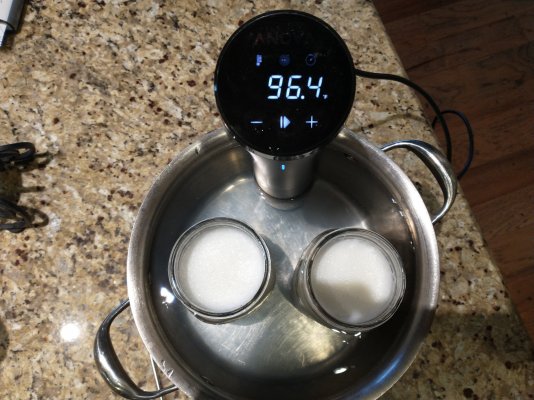Amethyst
Give me a museum and I'll fill it. (Picasso) Give me a forum ...
- Joined
- Dec 21, 2008
- Messages
- 12,668
We don't follow any particular diet, but eat a ton of no-fat Greek yogurt. I need it for the calcium. Walmart, Sam's, and BJs have very good house brands that cost far less than name brands. I have always read food labels, and know the "low-fat, high-sugar" trap you refer to.
On the topic of low carb and probiotics, every low-carber knows the secret of Greek yogurt, right? High protein, low carb, no added sugar, and delicious.
My favorite was Fage Total 5% (full fat), but I find that I like their 0% too. If you're like me, you're very suspicious of low-fat anything because that used to be a signal that it was loaded with sugar. Not the case here.

